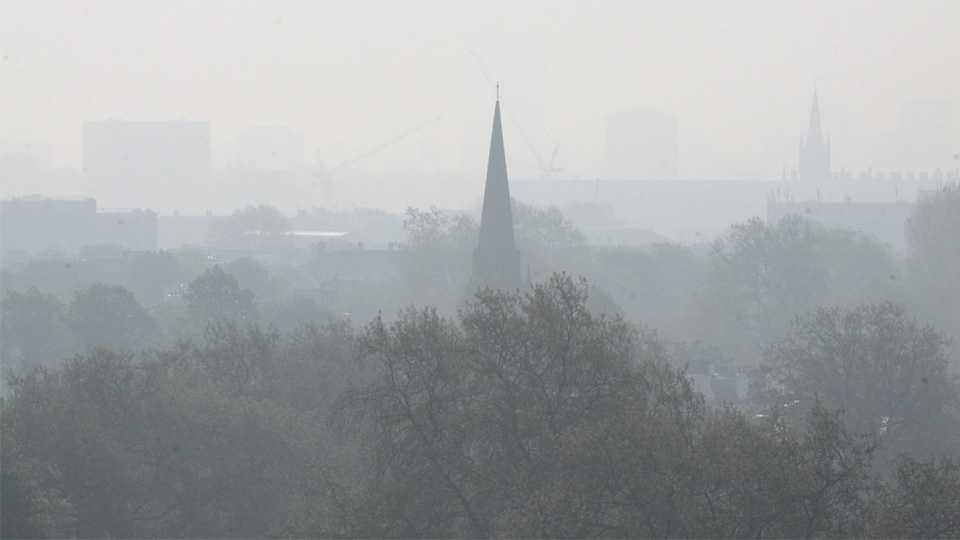“Nothing unlawful” about government’s draft air quality plans

The government has won the latest court challenge over the UK’s air pollution crisis.
Environmental lawyers ClientEarth had argued that ministers’ draft proposals to improve air quality – which contributes to tens of thousands of deaths each year – were unlawful.
However, at the high court today, July 5, Mr Justice Garnham dismissed the claim saying that there was nothing unlawful about the government’s draft plans.
But, Mr Garnham did suggest that final plans could be open to legal challenge if they do not deal with some concerns laid out by ClientEarth.
He said any perceived failings in the plan did not make it unlawful as it was a draft and may change.
Mr Garnham has since instructed ministers to publish their full proposals by the end of July.
CientEarth CEO James Thornton said it was a clear signal to ministers that they must improve on their draft plans to reduce air pollution as soon as possible.
ClientEarth had brought the case to challenge the government’s draft air quality plans released on 5 May. According to ClientEarth, it was also revealed in court that the government has rejected the concerns of more than 11,000 people who responded to its draft air quality plans, claiming it only received 747 responses.
According to the environmental lawyers, ClientEarth and other groups helped more than 11,000 people fill in a consultation on the plans through an online form.
In its submissions to the High Court, the government revealed that it would not count those as consultation responses.
The government’s own technical analysis shows that charging drivers of certain vehicles to enter polluted areas of towns and cities (so–called charging Clean Air Zones) is the most effective way to bring down air pollution as soon as possible.
The court made it clear that any alternative measures would have to be equally or more effective than a charging CAZ in meeting the air quality limits and reducing people’s exposure to pollution.
Thornton said: “We are shocked that, on an issue which blights the lives of thousands across the country, the government is refusing to listen to the views of the people by ignoring 11,000 responses to their consultation.
“We hope that their final plan reflects the concerns of everyone affected by this public health crisis. “We look forward to the final plan on 31 July.
"In our view, the judge made it very clear that the government must meet very specific criteria in order to avoid any future legal challenge.”



